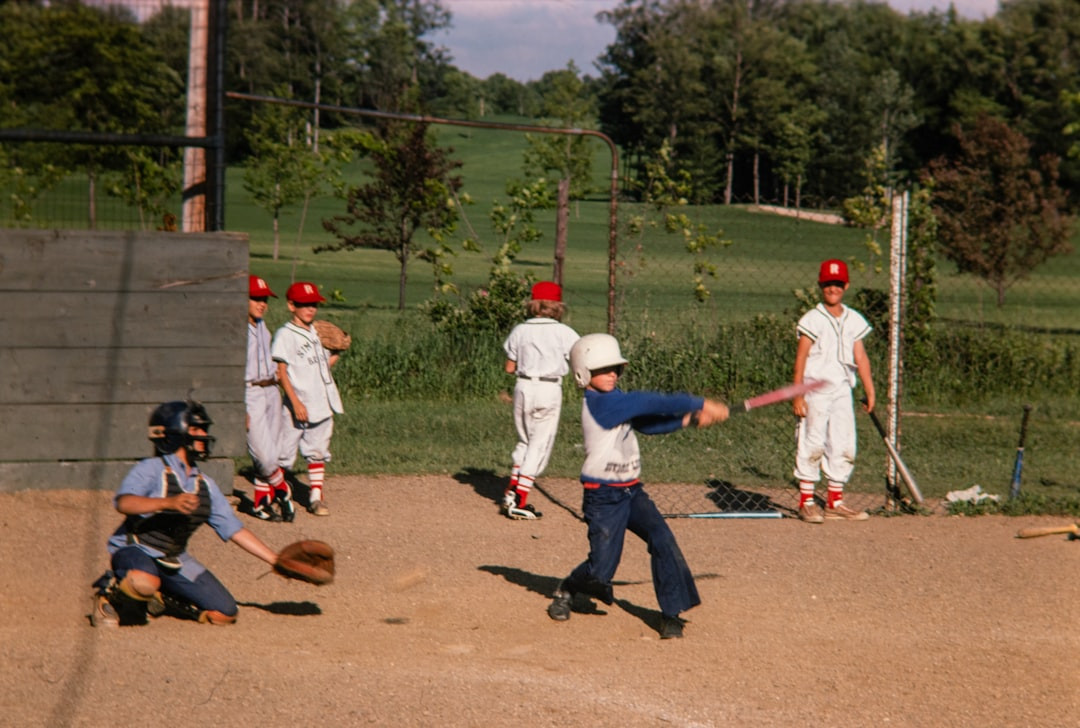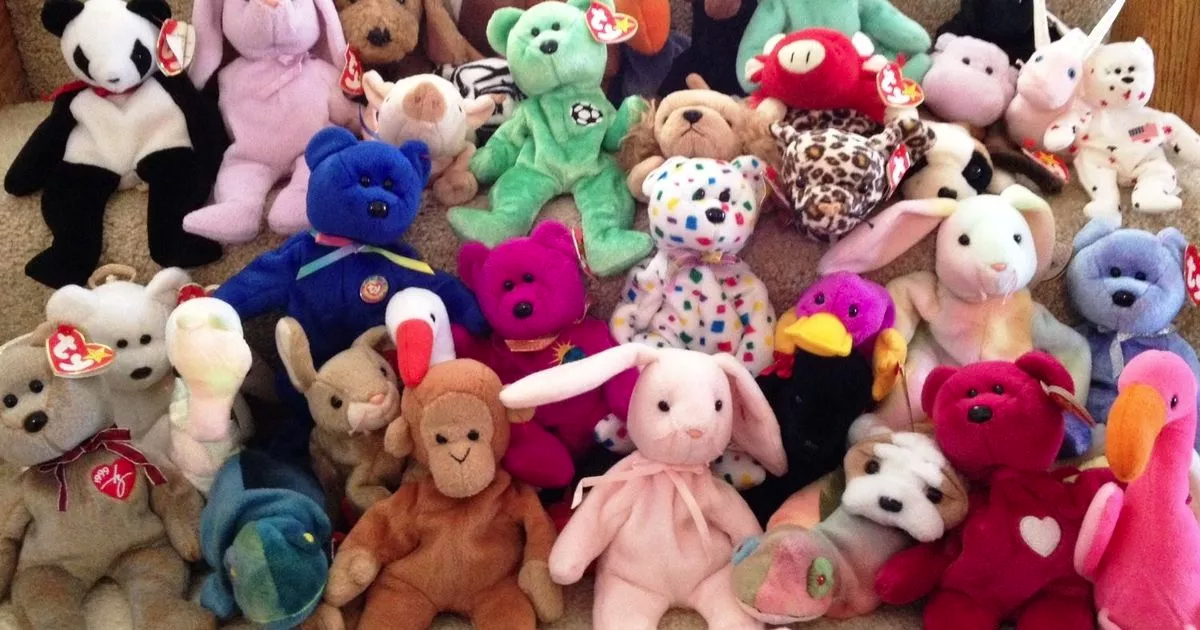Raising a perfectionist child carries a special challenge for parents. It’s great for kids to strive for excellence, but when they obsess over minor mistakes or imperfections, it weighs on their spirit. Teaching your child to focus on effort over perfection helps instill resilience, dials down anxiety, and makes for an overall healthier mindset for lifelong achievement.
Emphasize That Mistakes Are Normal
Perfectionist children often fear mistakes, seeing them as inherent personal failings. Reframe mistakes as part of the natural learning curve. Give examples of mistakes from your own life and how you still lived to tell the tale. This will help drive the point home. Praise your kid's willingness to try, and don’t focus on flawless results. Over the long haul, this shows them that mistakes are not disasters but opportunities for growth.
Model Self-Compassion And Tolerance
Children learn from watching the adults around them. If you’re always hard on yourself over small errors, your child will start to pick up the same mindset. Go easy on yourself when things don’t go as planned. Laugh off little setbacks, and find the humor in little "oops" moments. Discuss how to shift gears and adapt when challenges come up. Your own healthy response to imperfections will help your child internalize those same coping skills for themselves.
Make Effort The Main Thing
Focus your praise on your kid’s effort and persistence. Don’t just compliment high grades or perfect performances, but point out the hard work they put in. Say things like, “I’m proud of all the practice you put in,” or “You really stuck with that even when the going got tough.” Putting effort over results helps your child see their growth instead of the things that went wrong.
Set Realistic Expectations
Perfectionist kids set the bar too high for themselves. Help them set realistic goals by breaking down big tasks into smaller ones. Celebrate milestones along the way, and stress progress over perfection. Tell them to take the long view of success as an improvement, not total mastery in every aspect of the activity.
Use The Right Coping Strategies
When kids feel overwhelmed by little mistakes, give them the tools to handle their emotions. Deep breathing, mindfulness exercises, or just plain old taking a break can help them hit the reset button. Have open conversations about whatever feelings of disappointment they still have. Remind them that those emotions are okay but will soon pass as the next challenge appears.
Push A Growth Mindset
Teach your child to see abilities as skills that grow through life, instead of fixed talents they either have or don’t have. Praise learning new skills, even if they struggle at first. Phrases like “You haven’t mastered this yet, but you’re getting better” drive home the idea that growth is a matter of persistence, not instantaneous perfection.
Nurture A Safe Environment For Imperfection
Home should be the place where your child feels safest making mistakes. Avoid harsh criticism or unrealistic pressure. If your child spills something or makes a mess, stay calm and help them solve the problem constructively. The more your kid gets a supportive reaction to everyday mishaps, the less they’ll fear imperfection.
Never Compare To Other Kids
Perfectionist children often size themselves up in comparison to their peers, and wonder if they measure up. Let your child know that everybody progresses day by day at their own pace. Get them to zero in on their personal journey and strengths, instead of using someone else’s success as a yardstick.
Not Perfect, But Ever Upward
Getting your perfectionist child not to sweat the small stuff can seem like an uphill battle. By modeling persistence, encouraging effort, and providing the right coping strategies, you’ll help your child develop a more healthy, self-assured outlook. By doing so, you give them the awesome power to embrace challenge, grow from mistakes, and find satisfaction in the trip itself, and not just the final destination.
You May Also Like:
Old School Manners Today's Parents Aren't Teaching Their Kids
Gentle Parenting Methods That Confuse Older Generations
44 Things Kids Used To Do That Would Outrage Today’s Parents










